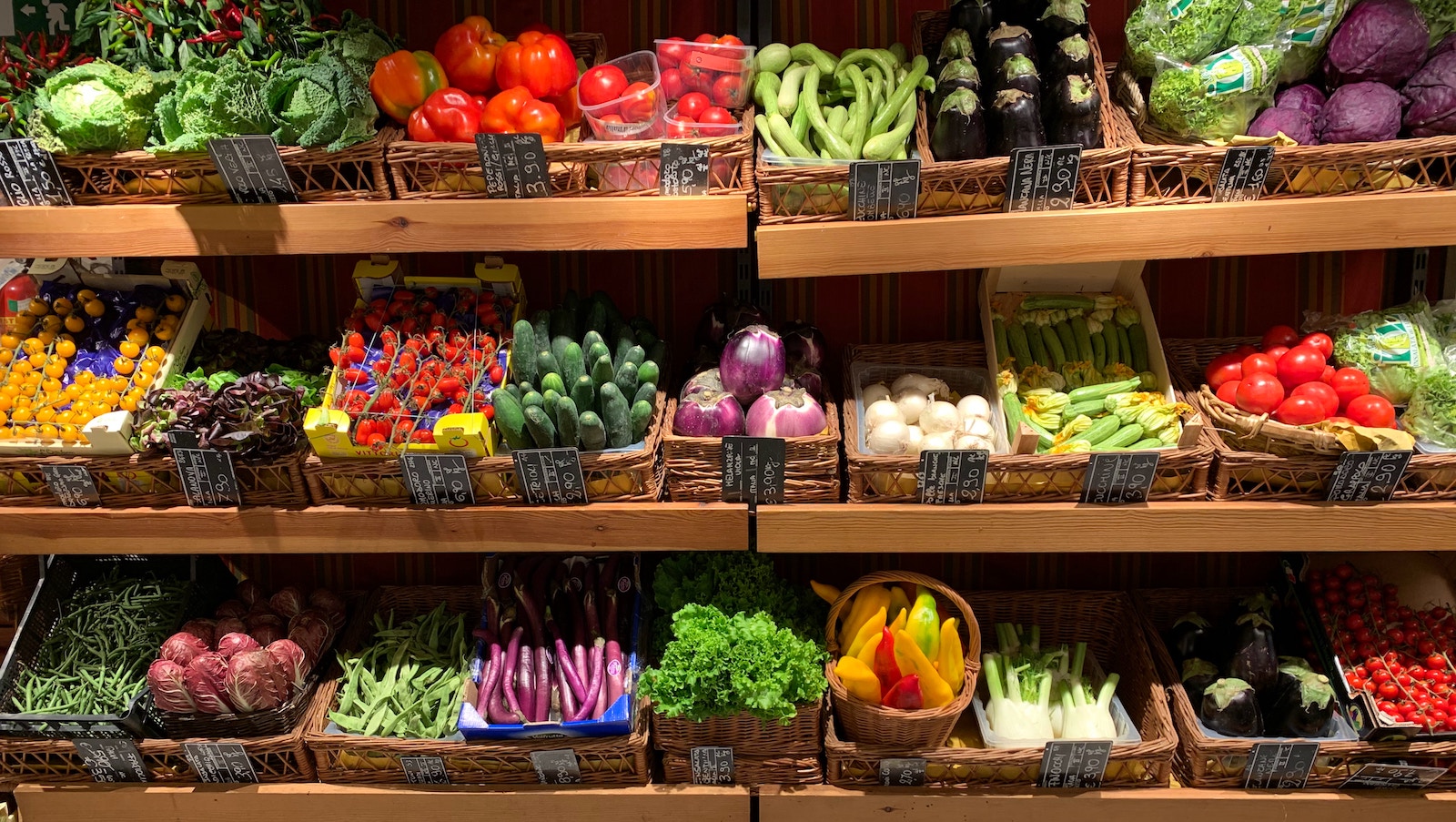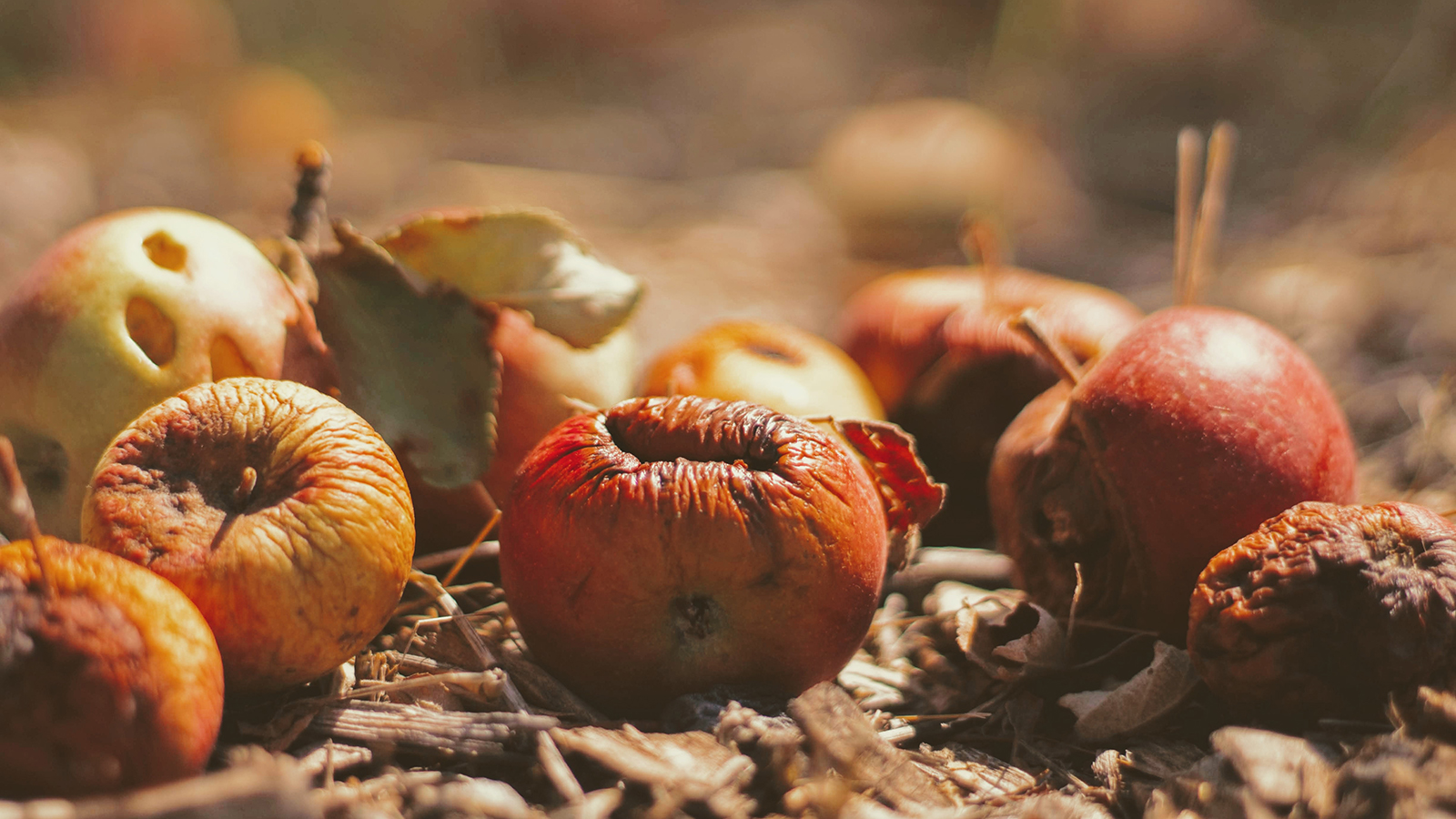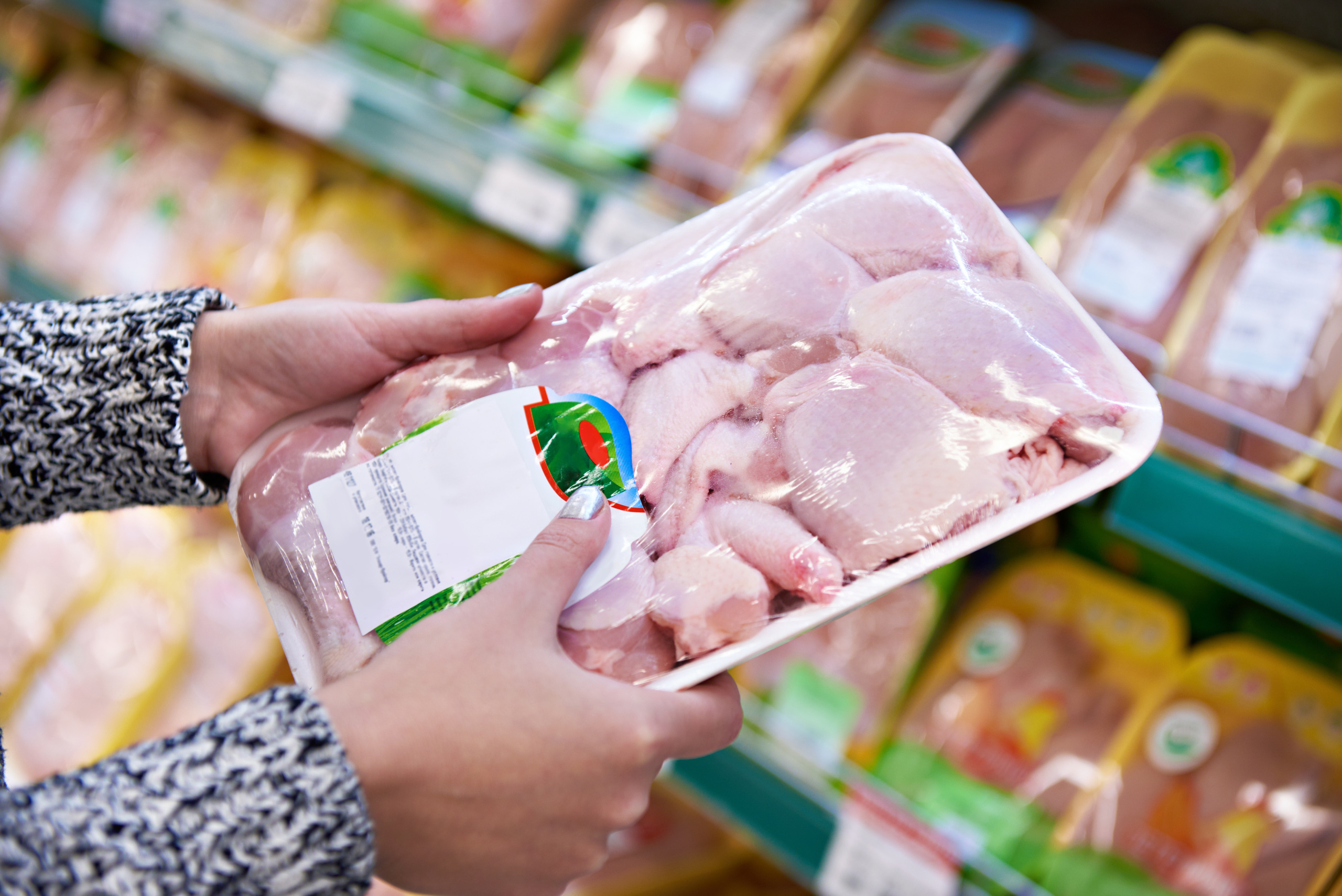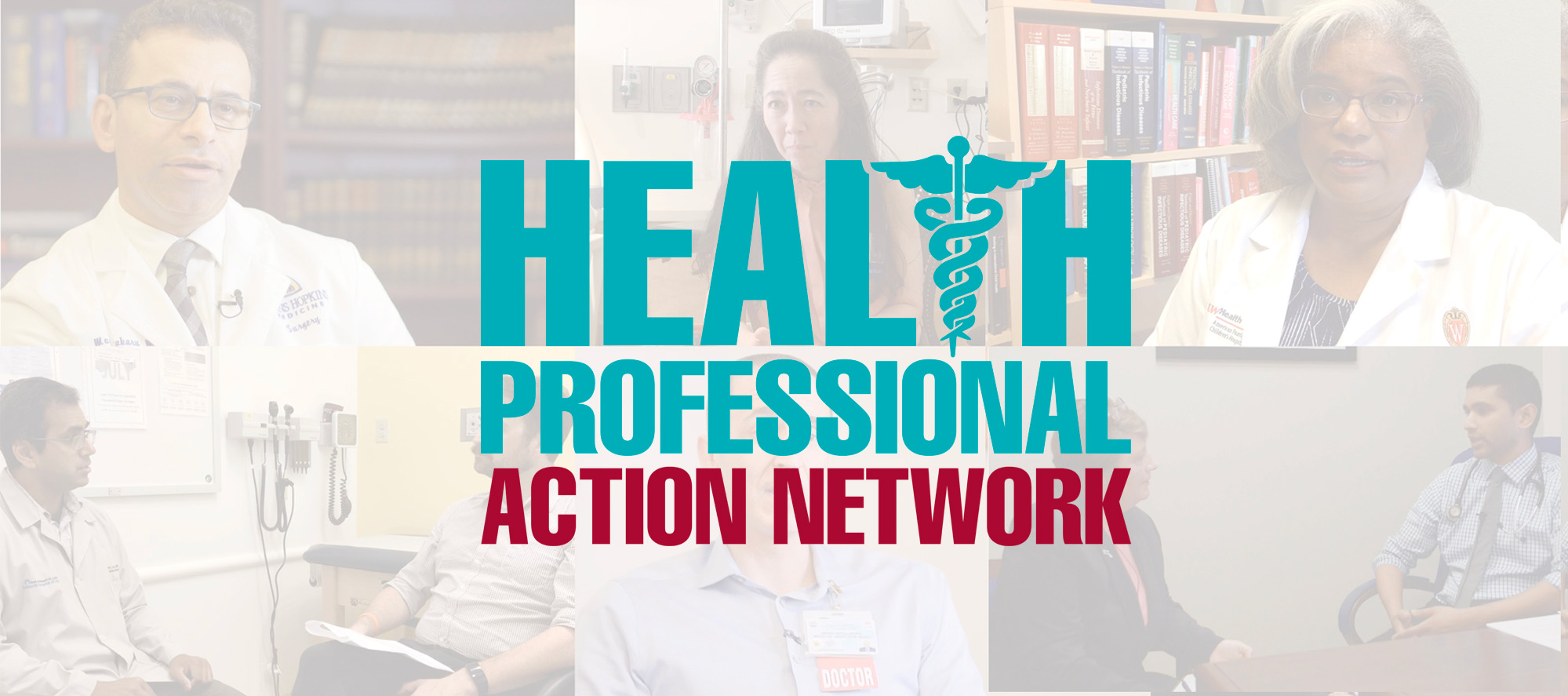
FDA Food Safety Modernization Act: Myths vs. Facts
Would S. 510 outlaw home gardens and family farms? NO.
S. 510 does not outlaw home gardens and family farms. In fact, the bill explicitly states that the produce standards “shall not apply to produce that is produced by an individual for personal consumption.” In addition, the bill also contains an exemption from regulations for small facilities and small farms, which was purposefully included to protect America’s family farms. This includes food sold through farmers’ markets, bake sales, road side stands, public events, community supported agriculture, and organizational fundraisers.
Would S. 510 criminalize seed savings? NO.
S. 510 does not create any new rules in regard to the practice of saving seeds for use from year to year, and does not outlaw, criminalize, or require and specific agricultural or growing practice.
Would S. 510 outlaw traditional organic growing methods? NO.
Section 105 of S. 510 explicitly states that new produce safety standards cannot “include any requirements that conflict with or duplicate the requirements of the national organic program.”
Would S. 510 bring everyone who grows any food under the jurisdiction of the Department of Homeland Security? NO.
S. 510 maintains the same food safety jurisdiction that exists under current law.
Would S. 510 include new recordkeeping requirements for farms? NO.
S. 510 does not require that farms keep any new food safety-related records.
Would S. 510 charge farms and small businesses new registration fees? NO.
S. 510 does not charge registration fees of any kind.
Would S. 510 imprison people who sell raw milk? NO.
S. 510 does not establish any restrictions on the sale of raw milk. The bill merely directs the FDA to review existing regulatory hazard analysis and preventive control programs in existence, such as the Grade ‘A’ Pasteurized Milk Ordinance, before creating any new hazard analysis and preventive control rules.
Would S. 510 require American food producers or farmers to be subject to WHO rules, UN food safety standards, or Codex Alimentarius? NO.
S. 510 requires the FDA to come up with a plan to work with foreign countries that import food into the United States to ensure that Americans who petchase imported products can be assured of their safety, but does not require the adoption of any internationoal standards. The bill also explicitly clarifies that dietary supplements remain subject to U.S. jurisdiction, not the Codex Alimentarius.
Would S. 510 require farms and more facilities to register with the FDA? NO.
Under the Bioterrorism Act of 2002, certain food businesses were considered “facilities” and had to register with FDA. Farms and restaurants were exempted. This definition is not changed in S. 510. If an entity does not need to register now, it will not need to register under S. 510.
Would S. 510 give the FDA new authority to inspect farms? NO.
S. 510 increases inspections for registered food facilities but does not change FDA’s jurisdiction over farms.
Topics
Find Out More


The food we waste could end hunger

Superbugs in Stock

